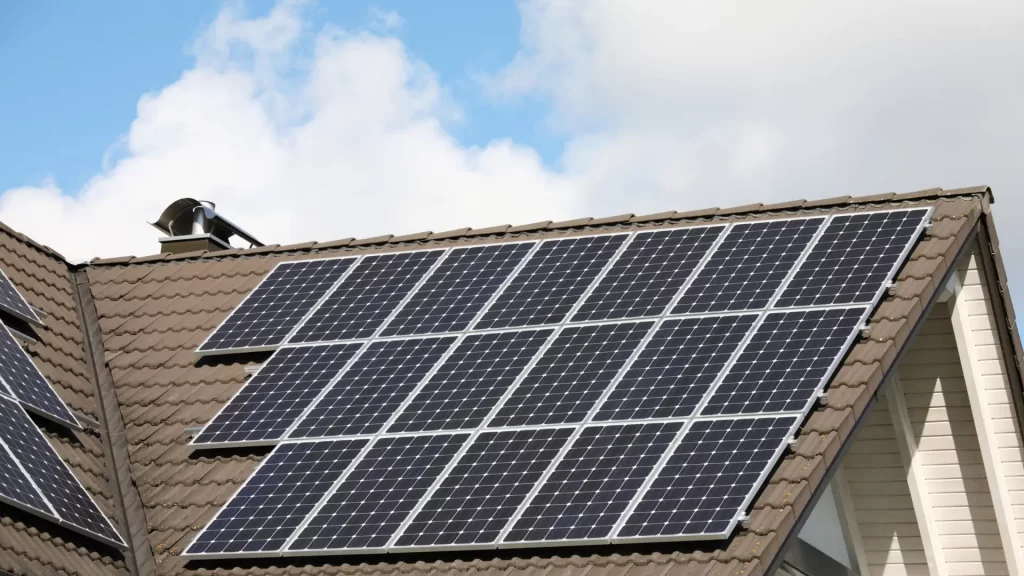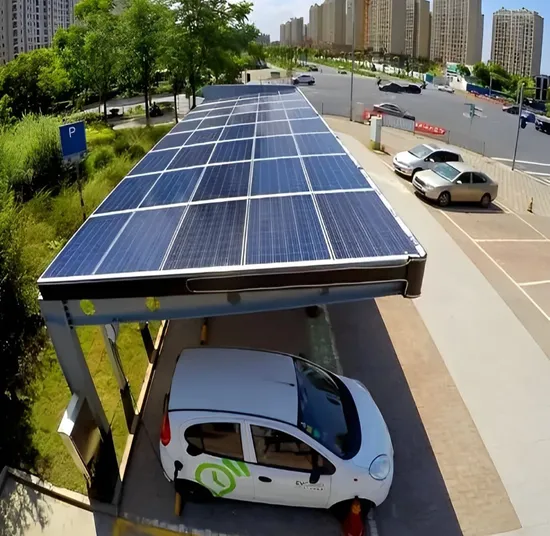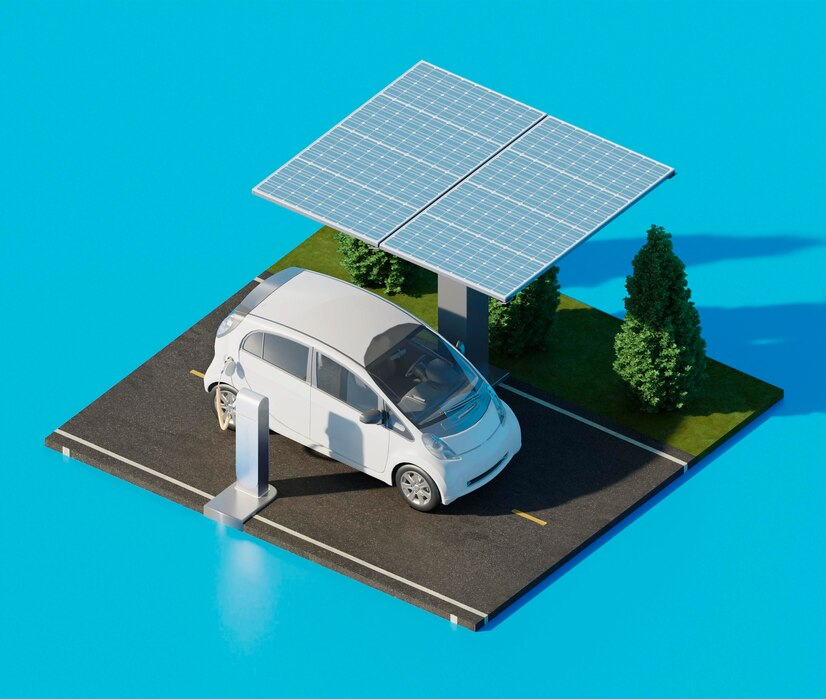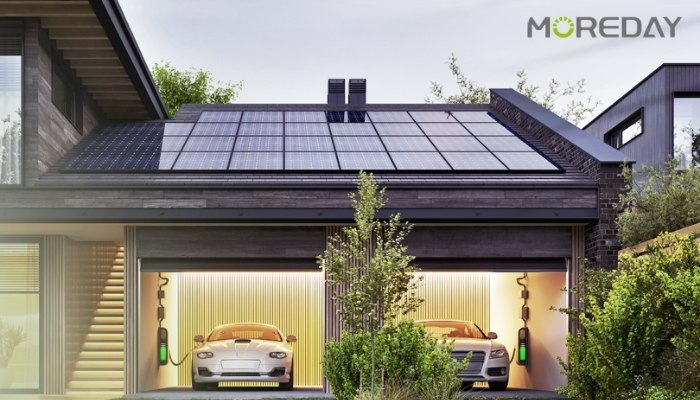The Tesla Model 3 is among the most recognized electric cars of the present time due to the model’s elegant design, great range in miles, and power. If you’re considering switching to solar energy to power your car, you might be wondering: How many solar panels does it take to power a Tesla Model 3?
We will discuss how solar energy works to charge an EV, how many PV panels are required, and the costs. By the end of the article, you will understand how you can utilize the power of the sun to charge your Tesla.
Table of Contents
ToggleWhy Charge Your Tesla with Solar Power?
Using solar energy to charge a Tesla Model 3 has several advantages. First, it helps minimize your carbon footprint, as adopting renewable energy for electricity generation brings environmental benefits. Secondly, over time, it can lower costs because solar energy allows you to reduce your reliance on grid electricity.
Last but not least, it provides you with more freedom, as you’re less dependent on utility companies. When considering a solar system, many people may wonder, how long do solar panels last? Typically, solar panels last between 25 to 30 years, meaning they can provide long-term environmental and energy-saving benefits.
How Many Solar Panels Does It Take to Charge a Tesla Model 3?

The number of solar panels you need to charge a Tesla Model 3 depends on a few factors:
| Energy Usage of the Tesla Model 3 Solar Panel Efficiency Geographic Location Amount of Daily Sunlight Panel Installation Angle and Orientation |
1. Energy Usage of the Tesla Model 3
In terms of energy demand, the Tesla Model 3 is tremendously efficient. The car on average consumes about 24 kWh for every 100 miles covered. This can range from anything between the Standard Range Plus Model 3 up to a Long Range Model 3 depending on driving conditions.
For instance, if one wants to drive 30 miles daily, then Model 3 will require about 7.2 kWh of energy daily if one kWh is used for 3.2 miles.
Now, let’s find out what number of solar panels can produce this amount of energy:
2. Solar Panel Efficiency
The typical solar panel can produce around 300 watts of electricity. It is possible to find panels with a rated power of anything from 250W to 320W or thereabout but the most common value is 300W.
A solar panel has a 300-watt-per-hour rating, but understand that is on an hourly production basis, and not every hour is ideal for generating electricity. In general, one may receive 4 – 5 usable hours of sunlight per day based on the conditions in the country.
To calculate how much energy a solar panel will produce in a day:
- 300 watts x 4 hours = 1200 watts or 1.2 kilowatt hours per day per panel.
3. Geographic Location and Sunlight Hours
The climate of the region colors the amount of direct sunlight you can get and thus the number of panels needed. In general, it’s easier and cheaper if you live in a warm state always blessed by the sun such as Arizona or California than if you live in a rainy state such as the Pacific Northwest or in the Northeast.
For example:
- In regions with a warm climate (for example, California), the average daily sunlight is approximately 5 hours.
- In the regions that do not receive much sunlight through the year, like Northeast, and Northwest, you may get roughly 3-4 hours of sunlight that can be utilized during the day.
Let’s assume you live in a sunny region, getting 5 hours of sunlight each day.
How Many Solar Panels Do You Need?

Now, we will determine the amount of solar panels which is required to charge your Tesla Model 3.
As we are aware, an average Model 3 requires approximately 7.2 kWh per day.
The amounts of electricity produced by a single solar panel include; 1.2 kWh per day (300W panel and 5 hours of direct sunlight).
To find out how many panels you need:
- 7.2 kWh ÷ 1.2 kWh per panel = 6 solar panels.
Therefore, to be able to charge your Tesla Model 3 battery every day fully, you will need at least 6 solar panels.
Cost of Charging Tesla with Solar Energy

While charging with solar power can save you money in the long term, there is an initial cost involved in installing the solar panels. The price of solar panels can vary, but the average cost in the U.S. is around $2.50 to $3.50 per watt of power.
For a 300W panel, this would mean:
- 300W x $2.50 = $750 per panel.
- 6 panels would cost you about $4,500.
In addition to the panels themselves, you’ll need an inverter, wiring, and possibly other installation components. These can add an extra $1,000-$2,000 to the total cost, depending on your setup.
Are There Any Additional Factors to Consider?
Besides the number of panels and their cost, there are a few other things to keep in mind:
- Roof Space: Make sure you have enough roof space to install the solar panels. A typical panel is about 65 inches x 39 inches, so measure your roof to ensure it can accommodate the required number of panels.
- Battery Storage: If you want to store excess energy for use at night or during cloudy days, you may need a battery storage system. Tesla’s Powerwall, for example, can store about 13.5 kWh of energy, which would be enough to power your Model 3 for a full day of driving.
- Government Incentives: Many regions offer incentives, rebates, and tax credits to make solar installations more affordable. For example, the federal solar tax credit allows you to deduct up to 26% of your solar system cost from your federal taxes.
Conclusion
Charging your Tesla Model 3 with solar panels is a smart investment for the long term. While the initial installation cost can be significant, the savings on your electricity bill and the environmental benefits are hard to ignore. With the right setup, you could be driving your Tesla completely powered by the sun in just a few years.
By installing solar panels, you are not only helping the environment, but you are also making your home more energy efficient. The convenience of charging an electric car powered by clean energy at home is worth considering, especially when paired with a Level 3 EV charger, which can further improve charging speed and efficiency.
For those looking to make the switch to solar, Moreday DC is your trusted partner in solar energy solutions. Offering expert consultation, high-quality solar panel installations, and efficient energy solutions, Moreday DC ensures you get the most out of solar power for your home and EV. Visit Moreday DC today to get started on your solar journey!
Related reading: Hydrogen Cars vs Electric Cars


